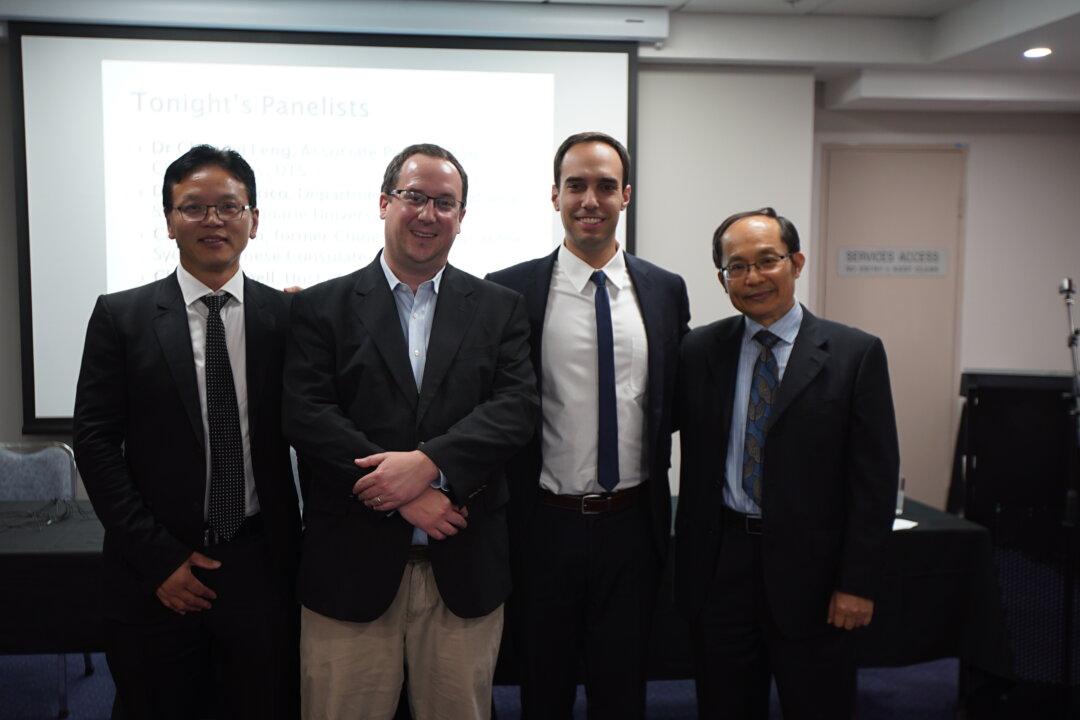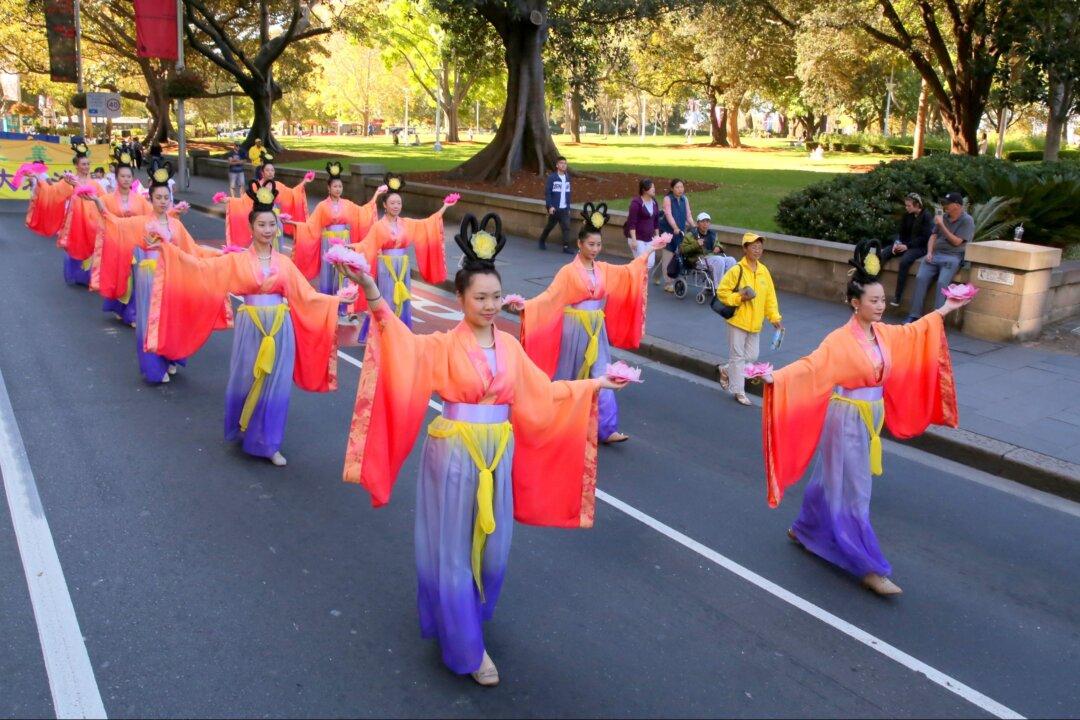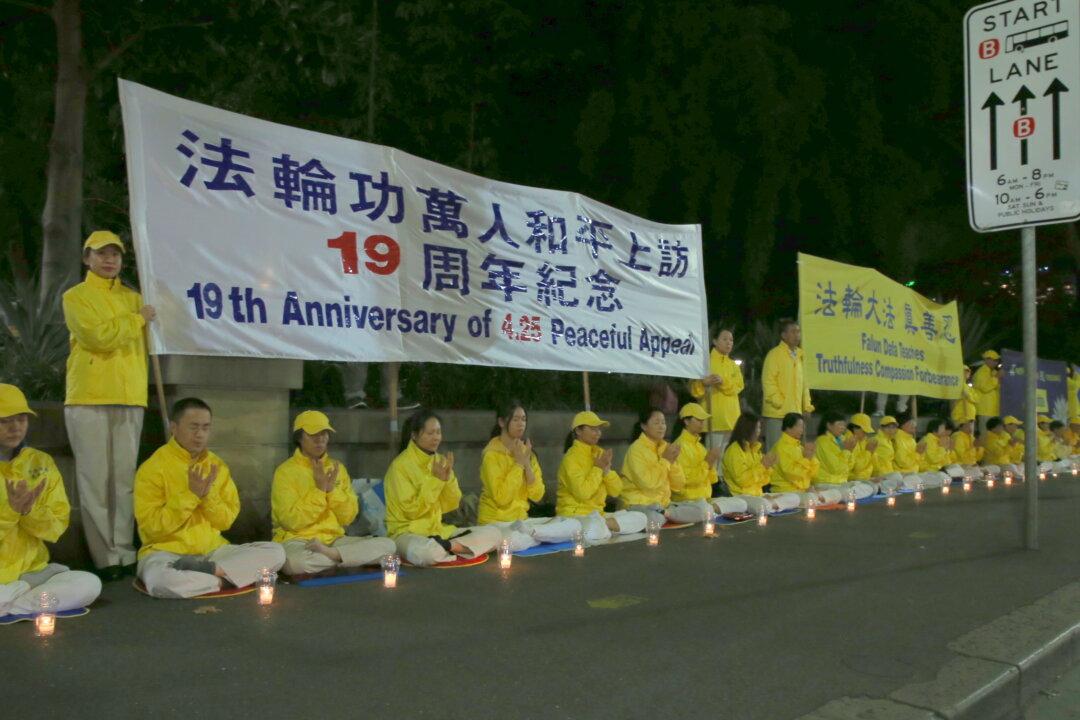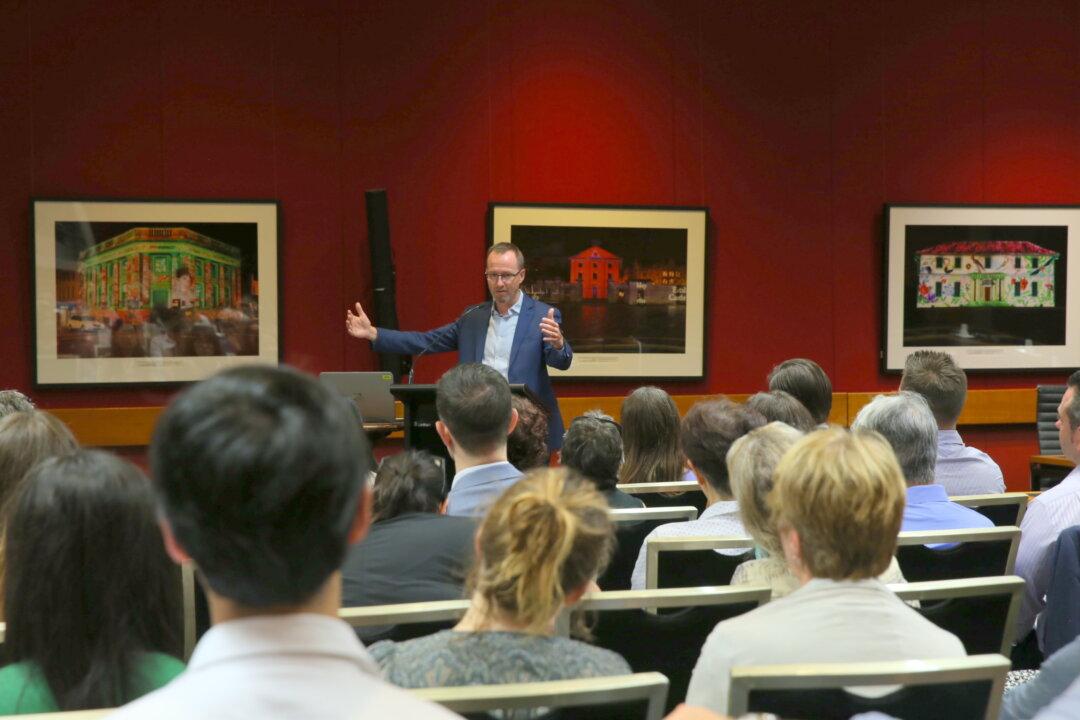Scholars and a former Chinese diplomat warned during a panel discussion that the Chinese Communist Party (CCP) has established an extensive network of influencers across many areas of Australian society, including in Australian Chinese communities, the business community, government, media, and education.
During the discussion on a new book titled “The Hidden Agenda of China’s Silent Invasion”—held in Sydney, Australia, on 26 March 2018—the expert panel said that if no action is taken, the CCP will become more and more despotic, and increasingly overbearing in Australian society.



